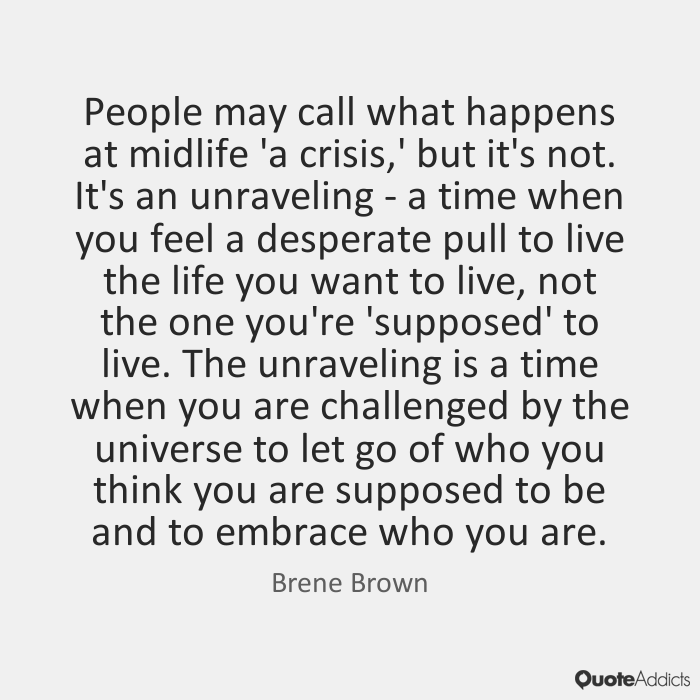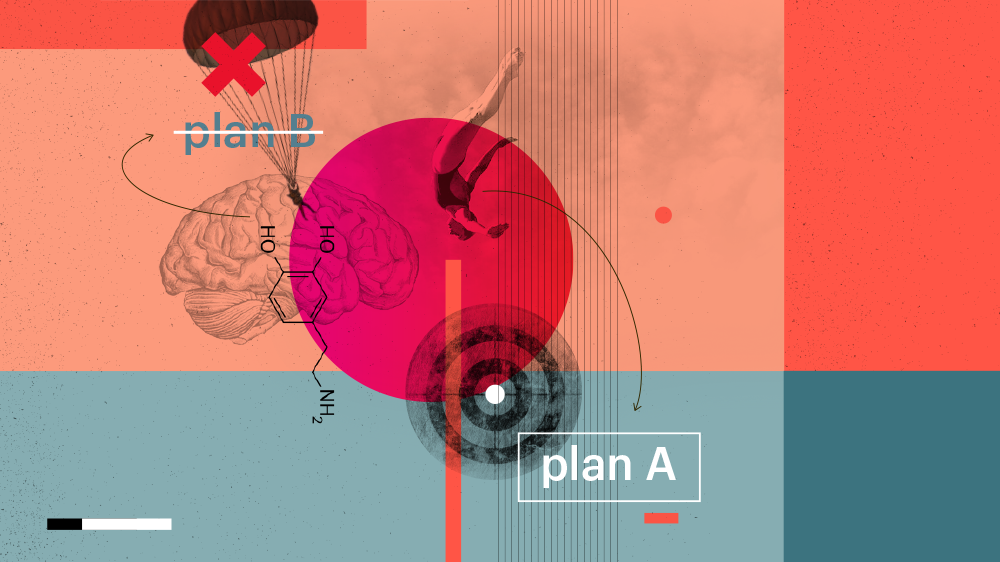A Kindle book that is currently free:
Mindful Framing: Transform your Anxiety into Vital Energy
Do you have ANXIETY or STRESS?
Learn HOW to TRANSFORM them into VITAL ENERGY... with JUST 15 MINUTES in the morning
ANXIETY AND STRESS are epidemic in today’s fast-paced world. In response, many turn to meditation and related practices with limited long-term success.
Oscar Segurado, MD, PhD, understands why. Meditation worked well for thousands of years, but can’t counter the effects of life in the twenty-first century. Instead, you need a new approach to control anxiety, especially given the proven connection between stress and serious diseases, including cancer, caused by a dysfunctional immune system.
A mere fifteen minutes of mindful framing in the morning creates a solid mental framework for the rest of the day. You are the screenwriter and director of a lifestyle movie leading to a calm mind, healthy relationships and a vigorous body.
It’s a modern world. We need a modern way to transform anxiety into vital energy. Segurado offers the way: mindful framing.
Five steps towards a NEW FRAME OF MIND
- Recognize your TRIGGERS OF ANXIETY while riding an imaginary bus
- Leverage your FIVE SENSES while experiencing virtual sensations
- Connect with MOTHER NATURE while traveling through a fictional landscape
- Harmonize your EMOTIONS with those of others while watching a symbolic "emotional tree"
- Invigorate your immune system while exploring your ORGANISM with your "mind's eye"
Last edited:






